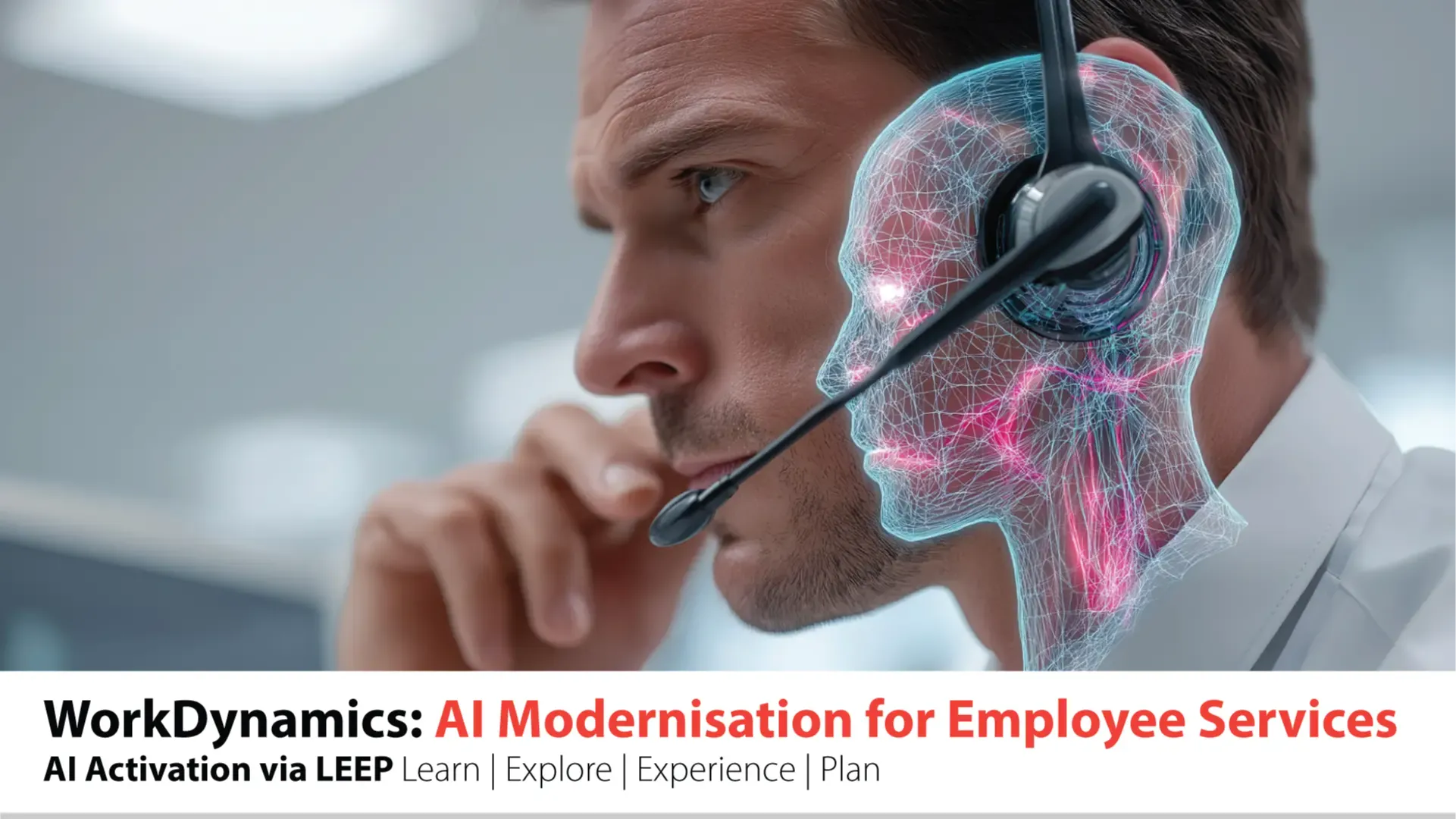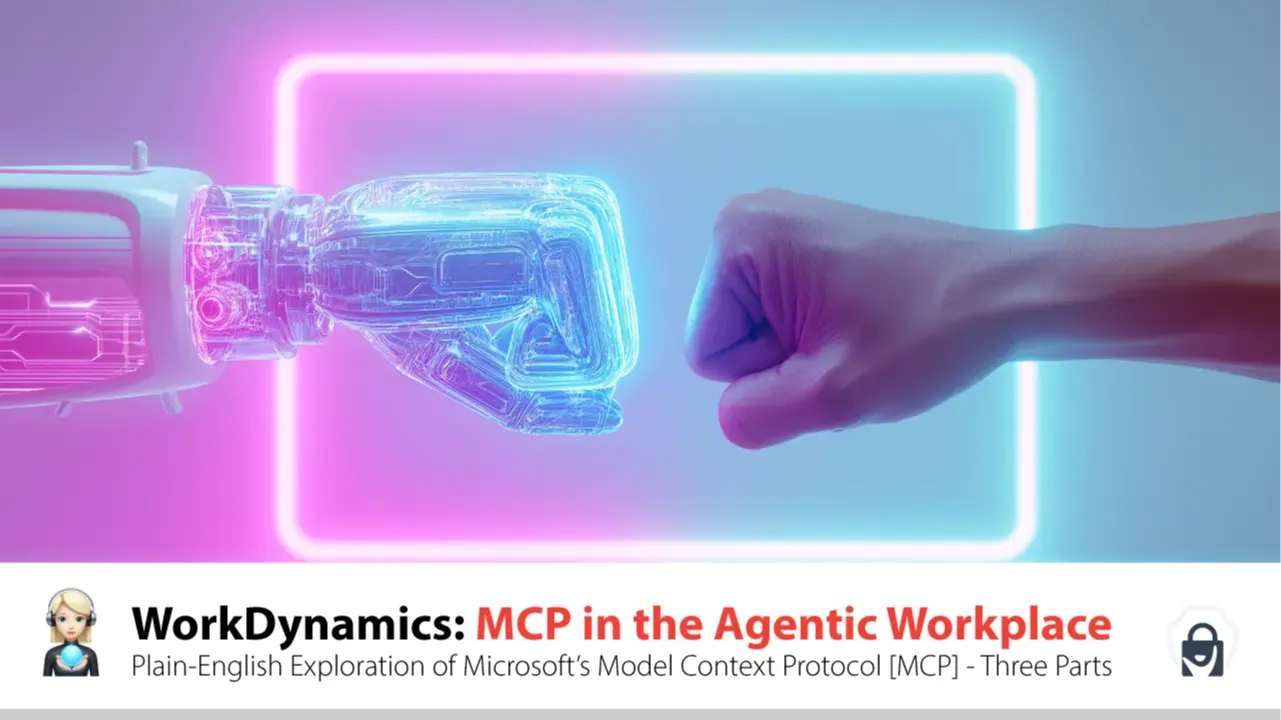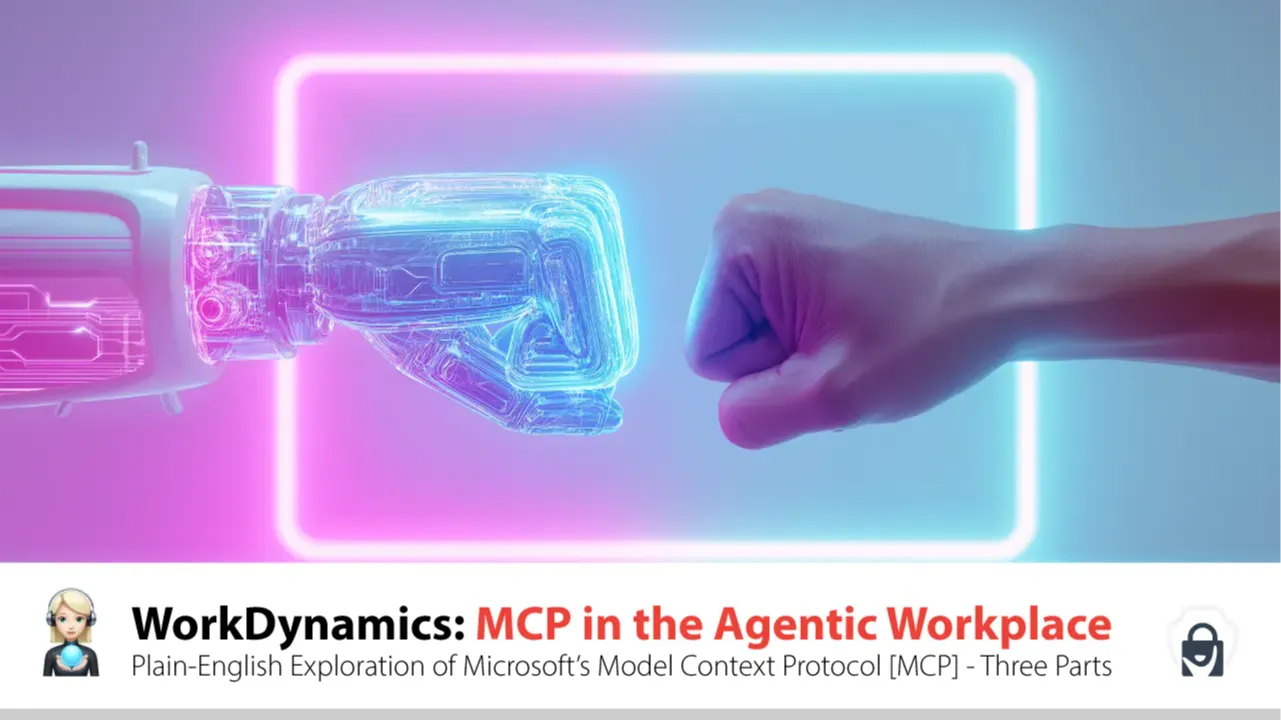The Agentic Future of Injury Management
Aug 13, 2025
Reimagining Workplace Safety: The Agentic Future of Injury Management
Workplace injuries are more than operational setbacks; they carry significant human and financial costs. In 2022–23, Australia recorded approximately 139,000 serious workers’ compensation claims, with an average payout of $15,100 per claim. Yet the indirect costs, lost productivity, staff turnover, and reputational damage can be up to ten times higher.
Even more concerning is the sharp rise in mental health-related claims, now accounting for 10.5% of all serious cases. These claims often result in five times longer absences than physical injuries, placing immense strain on both individuals and organisations.
In this landscape, traditional safety systems are no longer enough. Businesses need intelligent, responsive, and compassionate solutions that go beyond compliance. That’s where Injury Guard comes in.
A Human-Centred Agentic Platform
At the core of Injury Guard is a dynamic ecosystem of intelligent agents—including interactive, autonomous, and semi-autonomous types—supported by AI-powered decision support, personalised processing, and continuous learning loops. This architecture ensures that humans remain firmly in the loop, guiding and validating every critical decision while benefiting from the speed, precision, and empathy of agentic systems.
This forms a platform for innovation, enabling a wide array of intelligent agents to operate in harmony across the safety and recovery lifecycle. Below are some of the most promising agentic roles that demonstrate how Injury Guard is not just a reactive tool, but a proactive, human-centred system for workplace wellbeing.
Proactive Safety Agents
- Hazard Detection Agent – Identifies emerging risks from reports, sensors, and behavioural patterns.
- Safety Audit Agent – Conducts virtual audits and flags compliance gaps.
- Training & Awareness Agent – Delivers targeted micro-learning based on recent incidents.
Incident Management Agents
- Incident Intake Agent – Guides users through trauma-informed reporting.
- Severity Assessment Agent – Evaluates incident seriousness and recommends escalation.
- Case Coordination Agent – Assigns and tracks cases to ensure timely resolution.
- Documentation Agent – Auto-generates compliant reports and summaries.
Analytics & Insights Agents
- Risk Intelligence Agent – Analyses trends and predicts future risks.
- Performance Monitoring Agent – Tracks safety KPIs and identifies bottlenecks.
- Sentiment & Feedback Agent – Captures emotional and cultural insights post-incident.
Insurance Claims Agents
- Claims Intake Agent – Simplifies and validates insurance submissions.
- Claims Validation Agent – Cross-checks data for accuracy and completeness.
- Claims Liaison Agent – Manages communication with insurers and stakeholders.
- Claims Analytics Agent – Detects patterns and supports fraud prevention.
Return-to-Work Planning Agents
- Recovery Timeline Agent – Builds personalised rehabilitation plans.
- Workplace Accommodation Agent – Suggests duty modifications and environmental adjustments.
- Progress Monitoring Agent – Tracks recovery milestones and sends reminders.
- Reintegration Support Agent – Offers emotional and logistical guidance during reintegration.
Trauma & Psychological Support Agents
- Mental Health Companion Agent – Provides empathetic, confidential support.
- Therapy Navigator Agent – Connects users with psychological services.
- Crisis Escalation Agent – Detects acute distress and escalates appropriately.
- Resilience Building Agent – Offers coping strategies and wellbeing tools.
The Agentic Advantage
For business managers, the message is clear: agentic systems are not just digital tools; they are intelligent collaborators. They work tirelessly to ensure every incident is handled with care, every risk is mitigated before it escalates, and every person is supported throughout their recovery journey.
By embedding these agents into Injury Guard, organisations can move beyond reactive safety models and embrace a future where AI augments human care, insight, and decision-making, creating safer, smarter, and more compassionate workplaces.
Ready to Modernise?
If you're ready to explore how agentic systems can transform your organisation’s approach to safety, injury management, and wellbeing, we invite you to take the next step:
- Enrol in our next AI Modernisation Program – Learn how to design, deploy, and scale intelligent agents across your workplace.
- Book a Live Demo & Strategy Session – Discover the future of legacy modernisation and see Injury Guard in action.
Let’s build safer, smarter workplaces—together.




